Hey there, fellow Golden Retriever parents! 🐕 Are you dealing with a fur baby who’s a bit too possessive over their food? Don’t worry, you’re not alone! As an expert pet blogger, I’m here to share 15 Easy Tips to Deal with a Golden Retriever’s Food Aggression. Let’s make mealtime a happy and stress-free experience for you and your pooch!
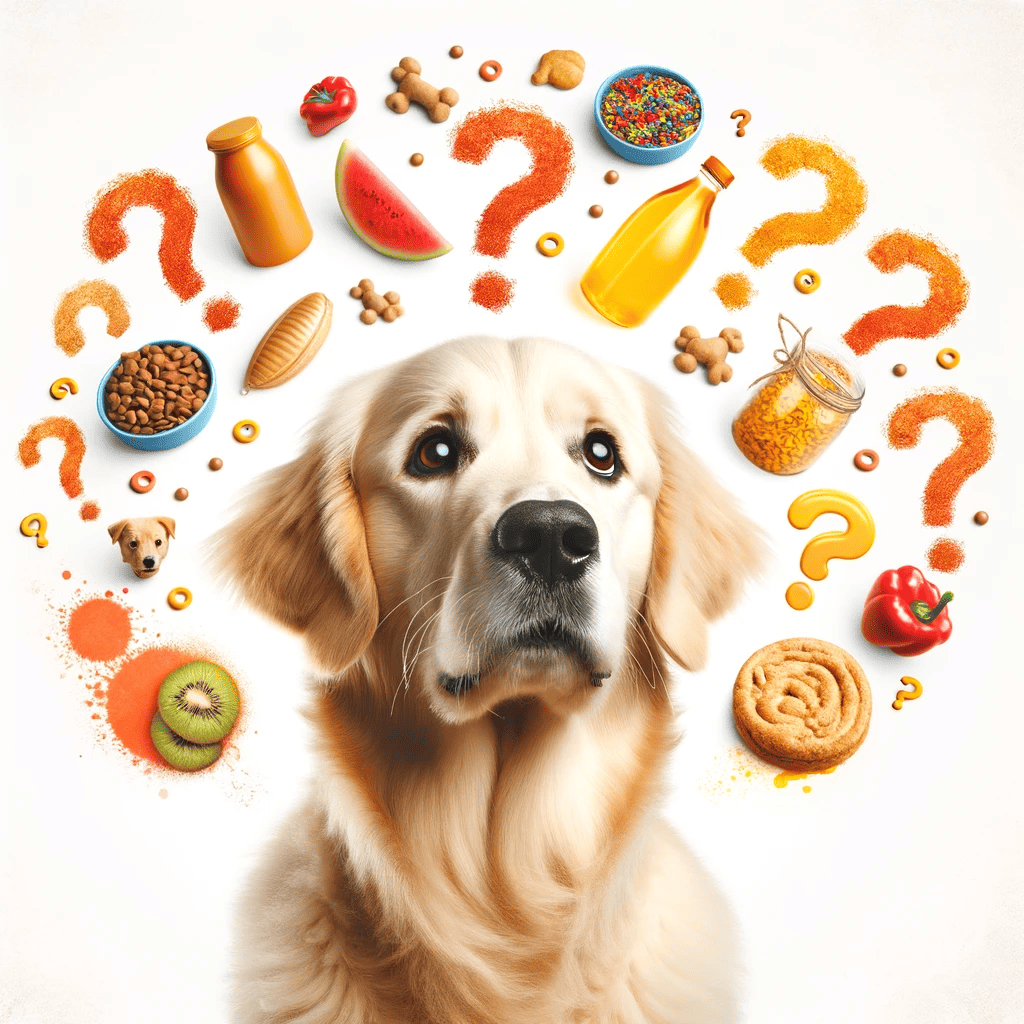
🤔 1. Understand the Cause
Understanding the root cause of food aggression is the first step. Is it fear, anxiety, or competition? Knowing this can help tailor your approach to address the specific issue.
Remember, understanding doesn’t mean tolerating the behavior, but it helps in finding the right solution.
🐾 2. Create a Calm Environment
Meal times should be calm and stress-free. Avoid loud noises or disturbances, and try to feed your dog in a quiet area. This helps reduce anxiety that could trigger food aggression.
A relaxed atmosphere can make a significant difference in how your dog behaves during meals.
✋ 3. Hand-Feeding
Hand-feeding your dog can help build trust. Start by giving them food directly from your hand. This method can reinforce the idea that you are the source of food, not a threat to it.
Be cautious and patient while hand-feeding, and always watch for signs of aggression.
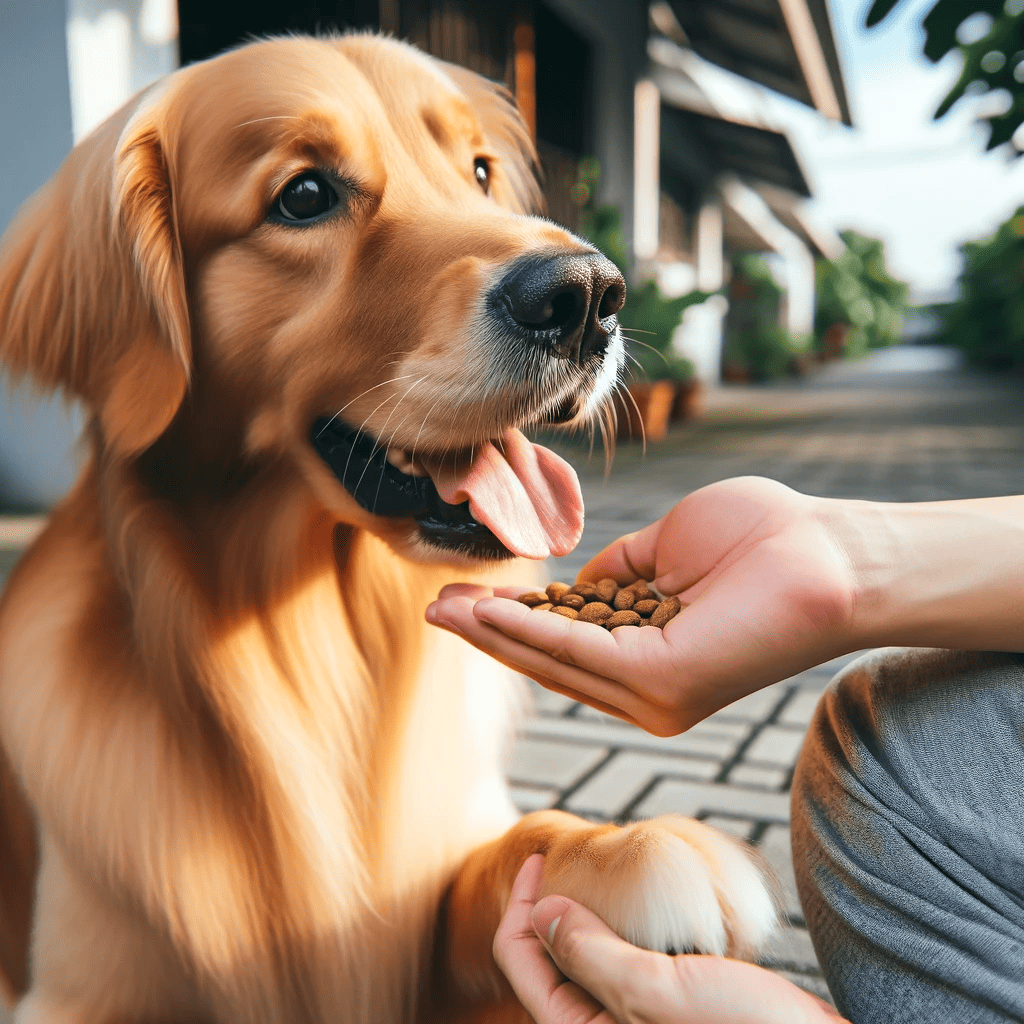
🛑 4. Set Boundaries
It’s crucial to establish boundaries. Teach your dog to wait until you give the command to start eating. This helps them understand that you control the food, and they need to follow your cues.
Consistent training and clear commands are key to setting effective boundaries.
🥘 5. Controlled Feeding Times
Stick to a regular feeding schedule. Feeding your dog at the same times each day can provide a sense of security and routine, reducing anxiety around mealtime.
A predictable schedule can ease your dog’s need to be aggressive over food.
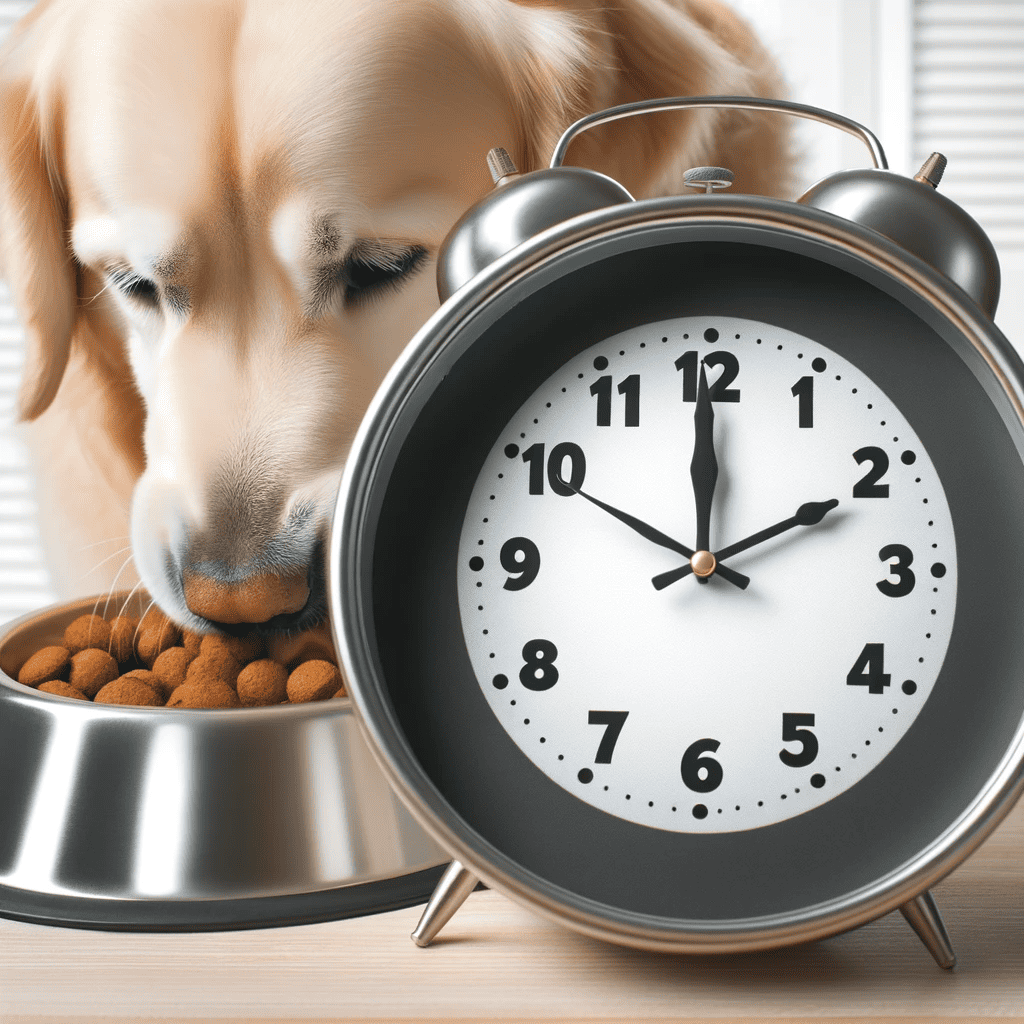
🍲 6. Separate Feeding Areas
If you have multiple pets, feed them in separate areas. This reduces competition and can prevent food aggression from developing or escalating.
Giving each pet their own space can make them feel more secure during meals.
🧑⚕️ 7. Consult a Professional
If the aggression is severe or doesn’t improve, consult a professional dog trainer or behaviorist. They can offer tailored advice and training techniques.
Professional guidance is crucial, especially in cases where the aggression poses a risk to safety.
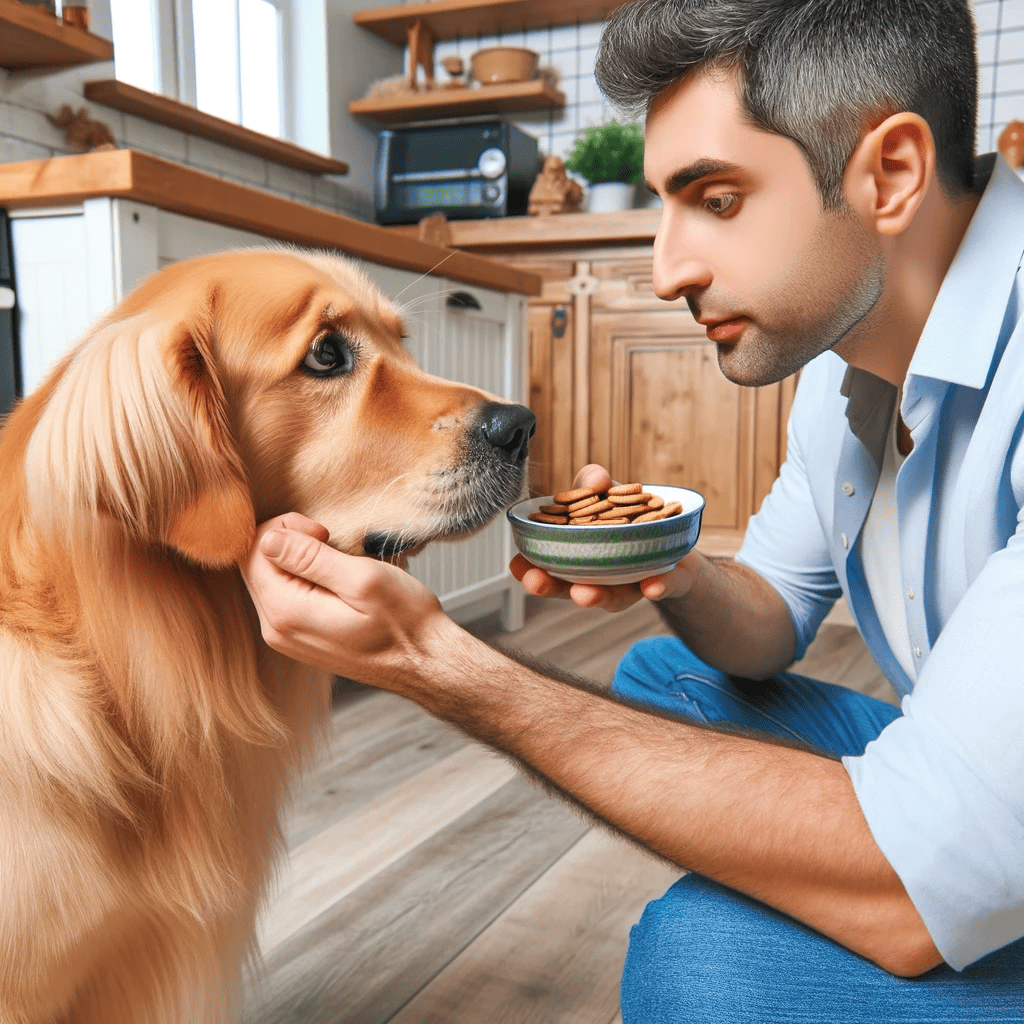
🏆 8. Positive Reinforcement
Use positive reinforcement when your dog displays good behavior around food. Reward them with treats or praise for calm and non-aggressive behavior.
Positive reinforcement can be a powerful tool in reshaping your dog’s behavior.
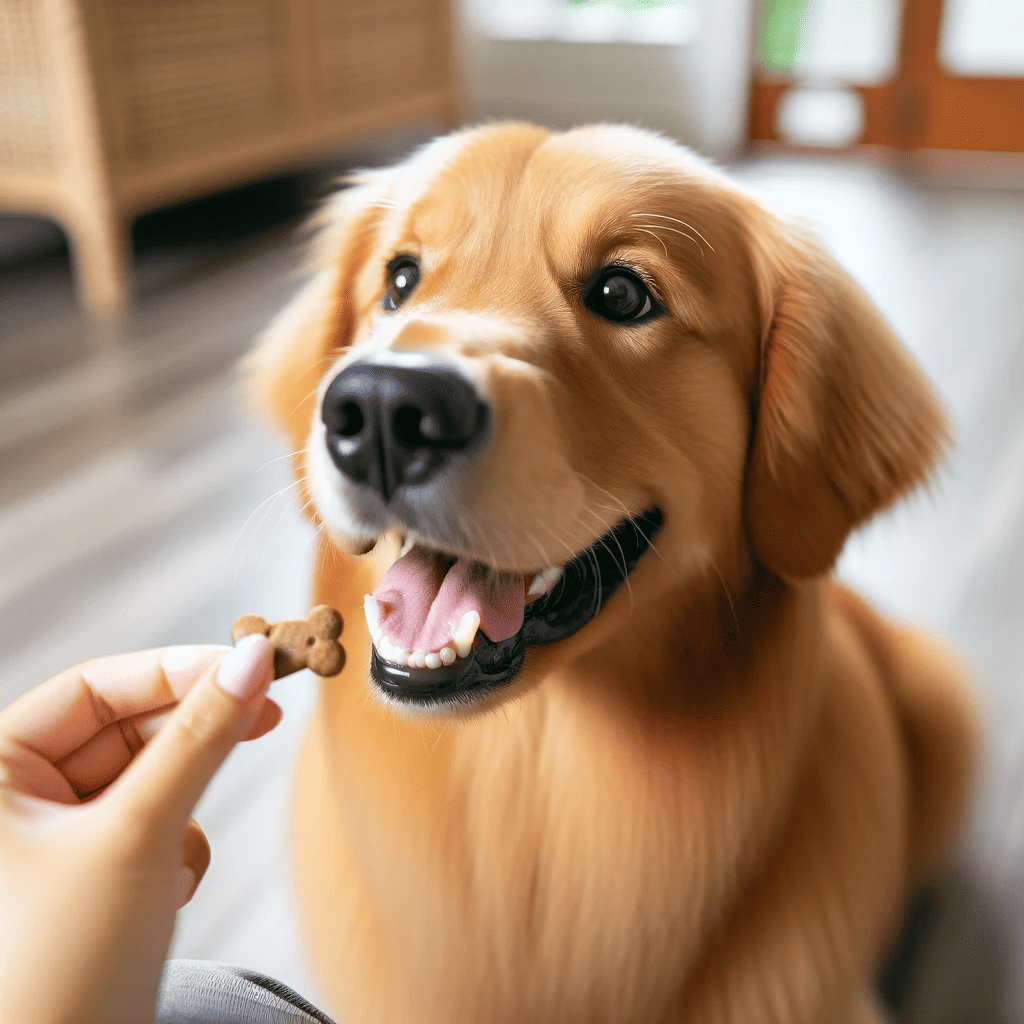
🚶♀️ 9. Exercise Before Meals
A good exercise session before meals can help in reducing aggression. A well-exercised dog is generally calmer and less likely to exhibit aggressive behavior.
Physical activity can also redirect their energy and focus away from aggression.
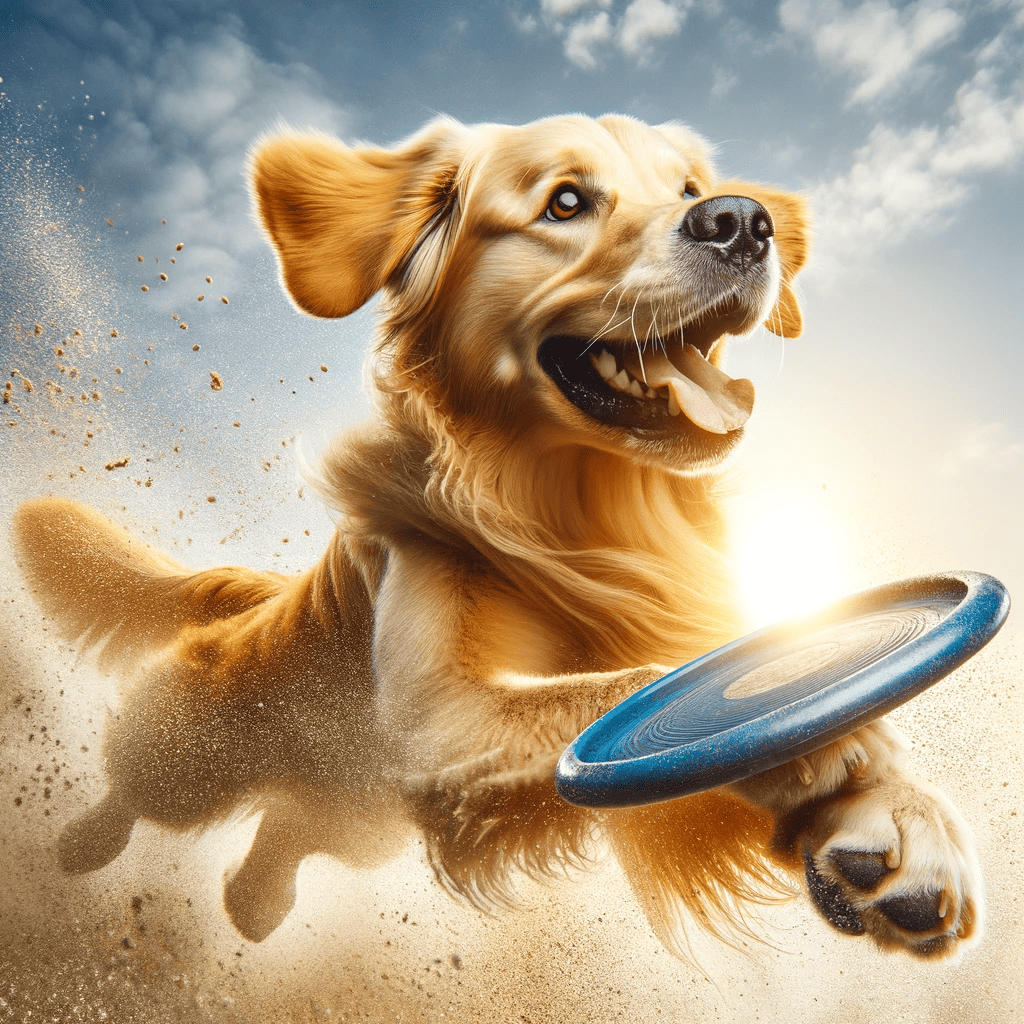
🥛 10. Gradual Desensitization
Gradually desensitize your dog to your presence near their food bowl. Start by standing at a distance while they eat and gradually move closer over time, rewarding them for calm behavior.
This process requires patience, but it can effectively reduce food-related anxiety.
🙅♂️ 11. Avoid Punishment
Avoid punishing your dog for food aggression. This can increase fear and anxiety, making the problem worse.
Understanding and training are more effective than punishment in modifying behavior.

👨👩👧👦 12. Involve the Whole Family
Ensure everyone in the family follows the same rules and training methods. Consistency from all family members helps reinforce the desired behavior.
Unified family efforts can provide a consistent learning environment for your dog.
🍽️ 13. Controlled Portion Sizes
Controlled portion sizes can prevent overeating and reduce anxiety around food. Overeating can contribute to food aggression, so keeping portions appropriate is important.
Consult your vet for advice on the best portion size for your Golden Retriever.
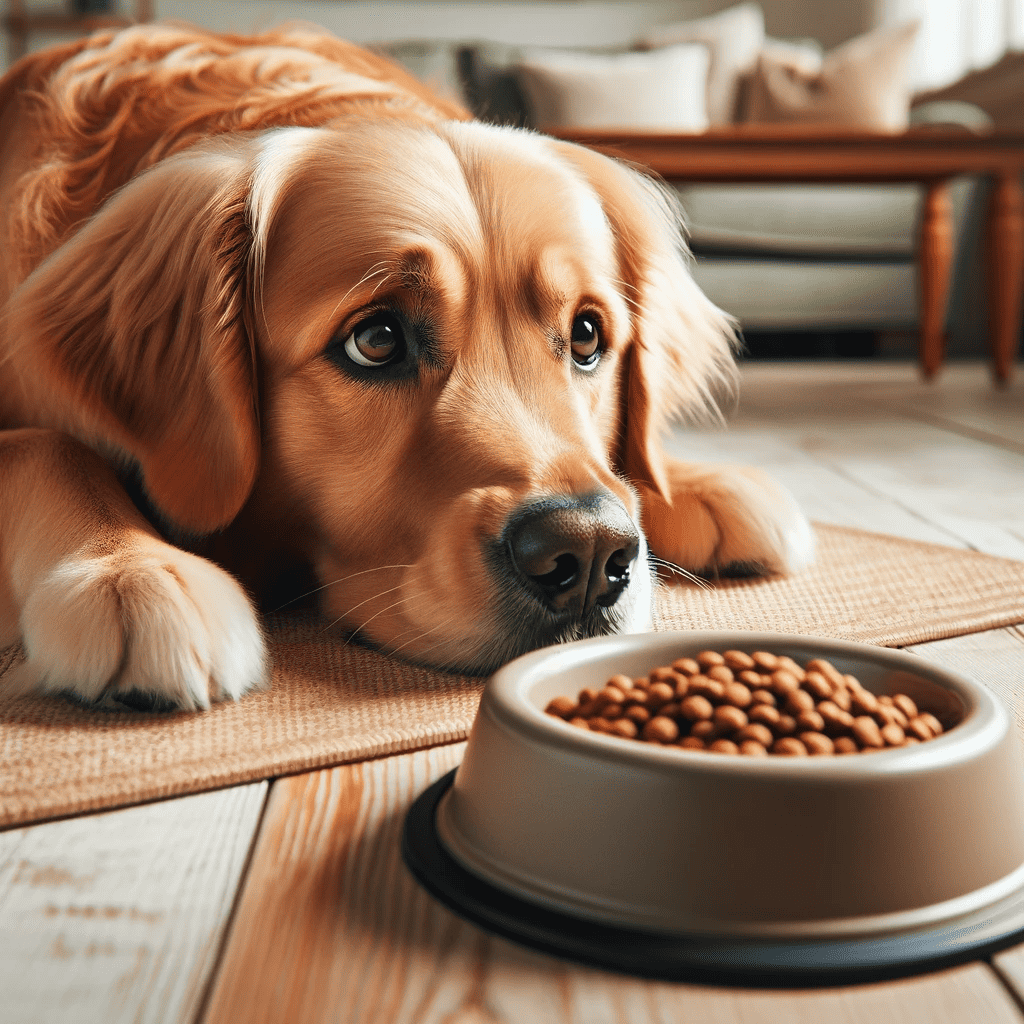
🥇 14. Obedience Training
Basic obedience training can help in managing food aggression. Commands like ‘sit’, ‘stay’, and ‘leave it’ can be very useful during feeding times.
Obedience training strengthens your bond with your dog and enhances your control during meal times.
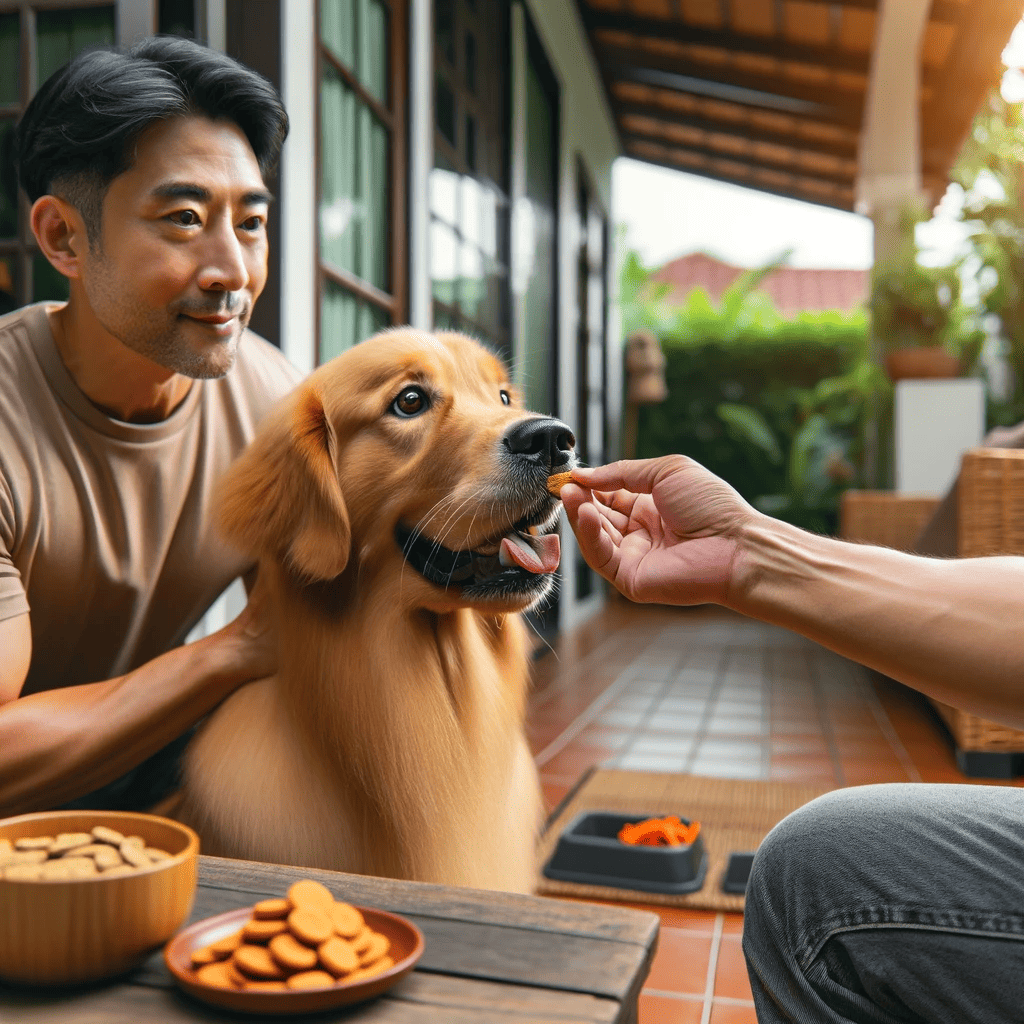
🧸 15. Use Distraction Techniques
Distraction techniques like toys or chews can redirect your dog’s attention away from food aggression. Offer these distractions after meals as a reward for calm behavior.
Distractions can be effective in reducing the focus and intensity around food.
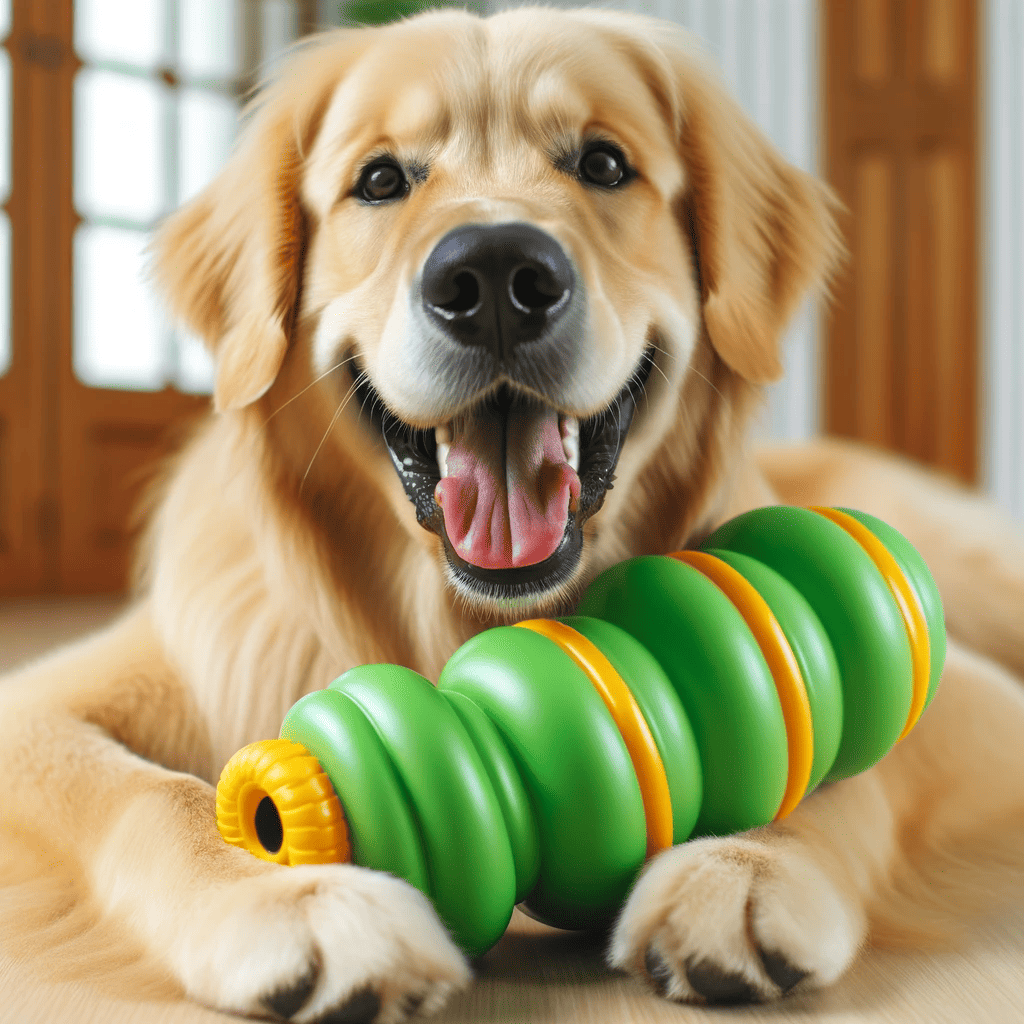
Conclusion :15 Easy Tips to Deal with a Golden Retriever’s Food Aggression
Managing food aggression in your Golden Retriever may seem challenging, but with patience, understanding, and consistent training, it’s definitely achievable! Remember, each dog is unique, and what works for one may not work for another. Stay patient and keep experimenting with different techniques. 🐕💕
For more tips and advice on pet care, check out resources like The American Kennel Club and PetMD. Happy training, and here’s to peaceful and joyous meal times with your furry friend! 🐾🥣

